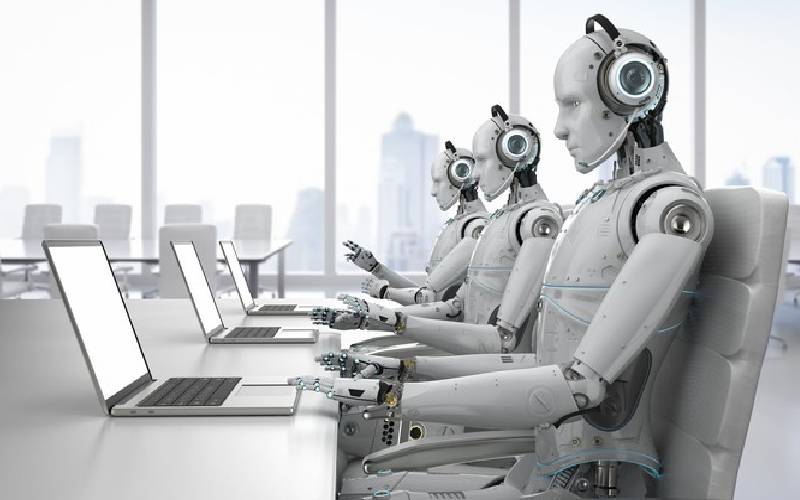×
The Standard e-Paper
Kenya’s Boldest Voice

Thanks to automation and robotics, trusting fellow human beings will be a thing of the past. Whether this is the direction we should take as human beings is subject to interpretation.